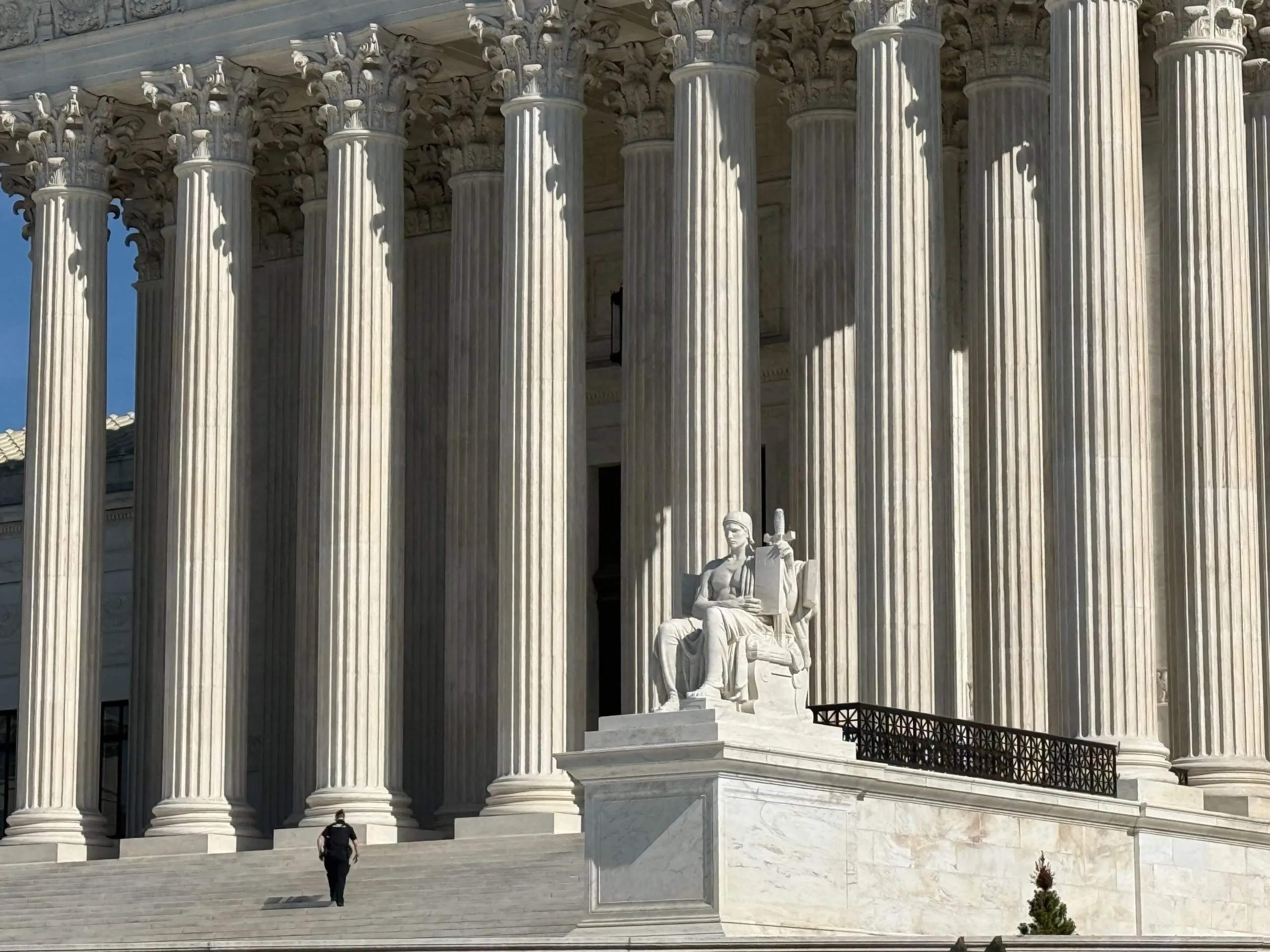Trump Administration Backs VP Vance's Challenge to Campaign Finance Regulations

In a significant move that could reshape campaign finance laws in the United States, the Trump administration has signaled its support for Vice President Mike Vance's legal challenge to existing regulations. The Justice Department, acting on behalf of the administration, informed the Supreme Court on Monday that it will not defend a key provision of the federal campaign finance law that limits coordinated spending by political parties.
This decision effectively allows Vance's challenge to proceed without the government's opposition, increasing the likelihood that the Supreme Court could strike down the restriction. The law in question, a cornerstone of campaign finance reform, was designed to prevent political parties from unduly influencing elections through unlimited spending in coordination with candidates.
The Legal Challenge and its Implications
Vice President Vance has argued that the spending limits violate the First Amendment rights of political parties, asserting that they should be allowed to spend as much as they deem necessary to support their candidates. His legal team contends that the restrictions stifle political speech and limit the ability of parties to effectively communicate with voters.
The administration’s decision to not defend the law comes as no surprise, given President Trump’s long-standing criticisms of campaign finance regulations and his support for loosening restrictions on political spending. This move aligns with a broader conservative legal strategy aimed at expanding the scope of First Amendment protections in the context of political speech.
Why This Matters: Potential Impact on Future Elections
If the Supreme Court were to rule in favor of Vance and strike down the spending limits, it could have a profound impact on future elections. Political parties would be free to spend unlimited amounts of money in coordination with candidates, potentially leading to a surge in campaign spending and a shift in the balance of power within the political system.
Critics of the administration's stance warn that such a ruling would exacerbate the influence of wealthy donors and special interests in politics, further eroding public trust in the electoral process. They argue that the current regulations, while imperfect, are necessary to level the playing field and prevent a small number of individuals and organizations from dominating the political landscape.
The Supreme Court's Role
The Supreme Court's decision in this case will be closely watched by political observers, campaign finance reformers, and legal scholars alike. The justices will need to weigh the competing interests of protecting free speech and preventing undue influence in elections. The outcome of the case could have far-reaching consequences for the future of American politics and the role of money in elections.
The administration's decision to back Vance’s challenge is a bold move with potentially transformative implications. As the case progresses through the legal system, it remains to be seen whether the Supreme Court will uphold the existing regulations or usher in a new era of unlimited political spending.





